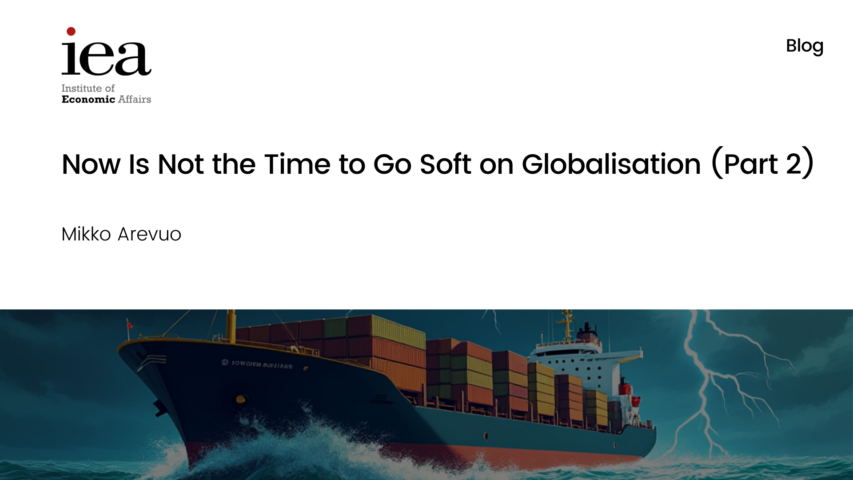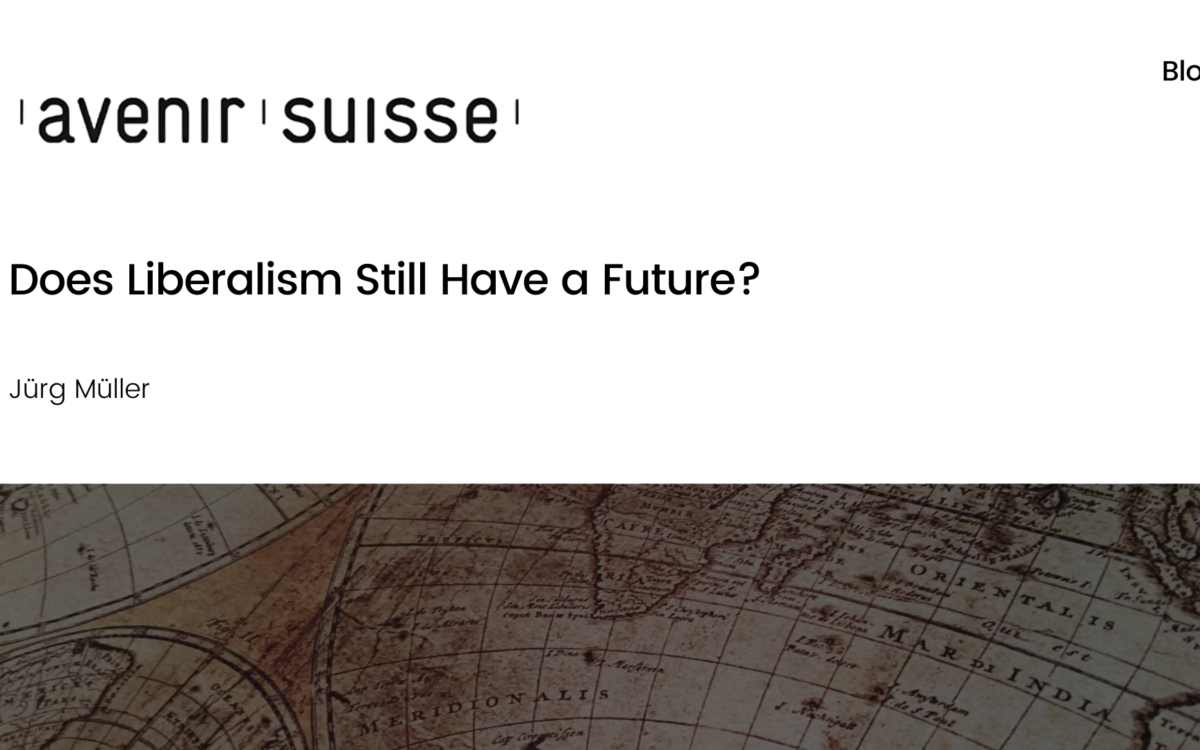Now Is Not the Time to Go Soft on Globalisation (Part 2)

Now Is Not the Time to Go Soft on Globalisation (Part 2)
Mikko Arevuo // 9 June 2020
…continued from Part 1.
No discussion of globalisation would be complete without considering some of the myths that have over the recent years come to dominate the public discourse.
Myth 1: “Globalisation puts downward pressure on wages.”
Globalisation is rarely the primary factor that fosters wage moderation in low-skilled work in developed countries. A more significant factor is skills-biased technological progress. As more work is automated, fewer people are needed to do a given job than in the past. As a result, the demand for labour that can be automated will fall and put a downward pressure on wages. Automation and related factors, not trade, accounted for 88 per cent of lost US manufacturing jobs between 2006 and 2013.
Myth 2: “Globalisation is a race to the bottom”
Globalisation has not caused the world’s multinational corporations to simply search the globe for the lowest-paid labour. There are numerous factors that enter into corporate decisions on where to source products, including the supply of skilled labour, economic and political stability, the local infrastructure, the quality of social and political institutions, and the overall business climate. In an open global market, while countries compete with each other to attract investment, this competition incorporates factors that go beyond just the hourly wage rate. The developed world hosts two-thirds of the world’s inward foreign direct investment where hourly wage rates are significantly higher than in the rest of the world. The 49 least developed countries account for around 2 per cent of the total inward FDI stock of developing countries. Nor is it the case that multinational corporations make a consistent practice of operating sweatshops in low-wage countries, with poor working conditions and substandard wages. While isolated examples of this may exist, it is well established that multinationals, on average, pay higher wages than what is standard in developing nations, and offer higher labour standards. Furthermore, advances in 3D printing has already resulted in changed production location decisions by businesses. 3D printing allows production closer to the customer and reduces the need to locate production in lower wage countries.
Myth 3: “Globalisation is irreversible.”
In the long run, globalisation is likely to be an unrelenting phenomenon. But for significant periods of time, its momentum can be hindered by a variety of factors, ranging from political will and major upheavals such as the Covid-19 pandemic that we are struggling with at present or other unpredictable dislocations. We can only rely on history for such evidence. The world was thought to be on an irreversible path toward peace and prosperity early in the early 20th century, until the outbreak of World War I. That war, coupled with the Great Depression, and then World War II, dramatically set back global economic integration. That fragility of nearly a century ago still exists today, as we saw in the aftermath of September 11th, 2001, and again today with global air travel coming to a halt, financial markets tanking, and the economy going into tailspin. These episodes are reminders that a breakdown in globalisation, meaning a slowdown in the global flows of goods, services, capital, and people, can have extremely adverse consequences.
Myth 4: “Openness to globalisation will, on its own, deliver economic growth.”
Integration of countries’ economic policies with the global economy is, as economists say, a necessary, but not sufficient, condition for economic growth. Globalisation cannot solve the internal problems many developing countries are suffering from, from a corrupt political class, to poor infrastructure, and macroeconomic instability.
Myth 5: “Globalisation results in a shrinking state.”
Technologies that facilitate communication and commerce have curbed the power of some despots throughout the world, but in a globalized world, governments take on new importance in one critical respect, namely, setting, and enforcing, rules with respect to contracts and property rights. The potential of globalisation can never be realised unless there are rules and regulations in place, and individuals and institutions to enforce them. This gives economic actors confidence to engage in business transactions.
In conclusion, the evidence of the benefits of globalisation is compelling, although fragmentation and the breakdown of cooperation among nations is not a foregone conclusion. At the time of writing, in my locked down study in London, the world and our country is in the midst of a great economic and social upheaval: governments worldwide have forcibly shut down their economies, Great Britain’s exit from EU seems to have been put on the back burner, and the dark clouds of possible trade wars between the US and China loom even larger on the horizon that some short weeks ago. The world is still made up of nation states and a global marketplace. This is the time that our policy makers must develop the right policy responses to ensure global markets become more resilient, and more legitimate. International institutions, such as the World Bank, the IMF and the WTO will have to re-examine their role that will in future focus on bringing more of globalisation’s benefits to more people throughout the world. By helping to break down barriers to cooperation, more countries can be integrated into the global economy, and more people can seize more of the benefits of globalisation.
The original article was published on the IEA’s blog.
EPICENTER publications and contributions from our member think tanks are designed to promote the discussion of economic issues and the role of markets in solving economic and social problems. As with all EPICENTER publications, the views expressed here are those of the author and not EPICENTER or its member think tanks (which have no corporate view).



